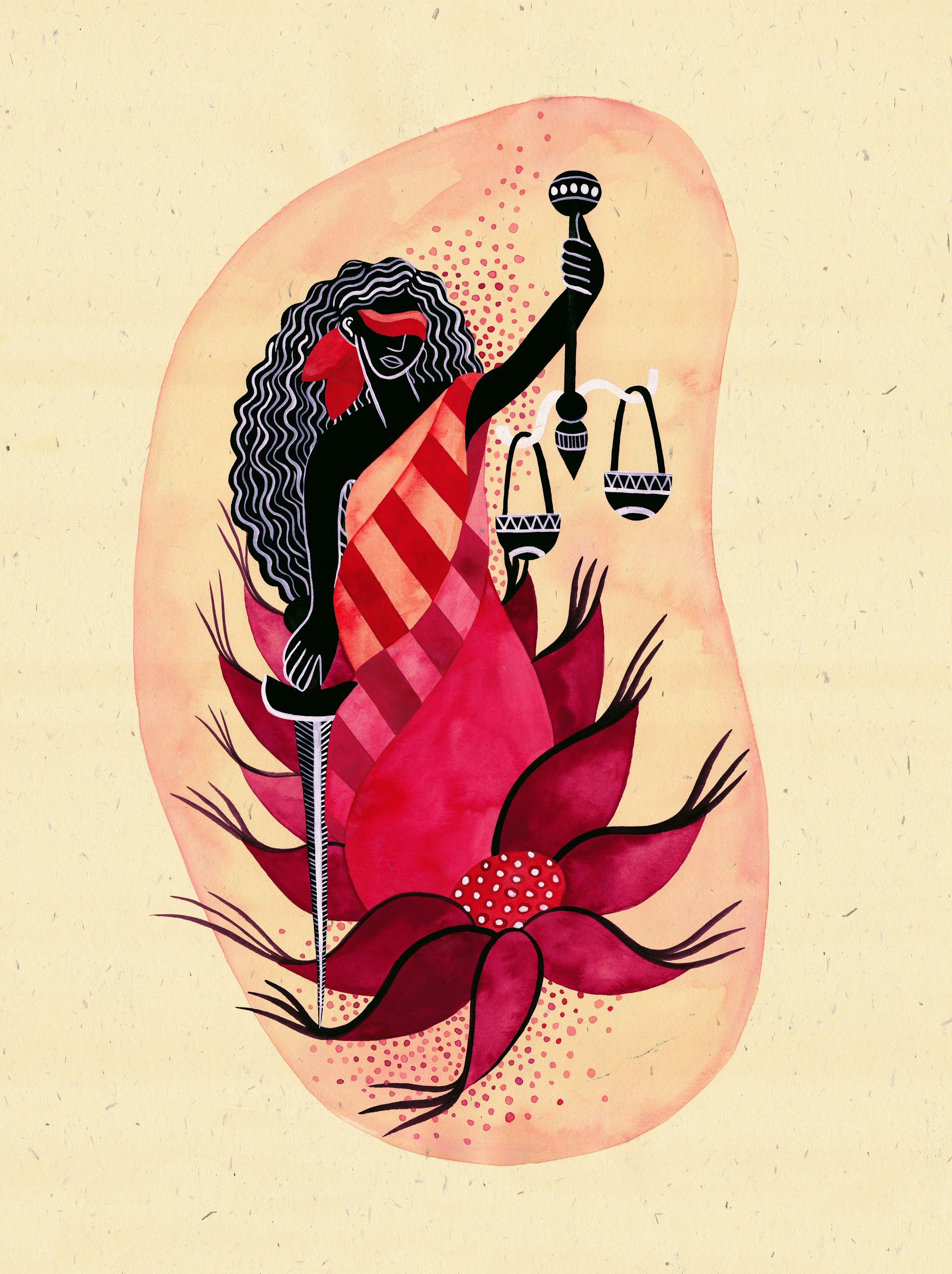the project
A Critical Approach to Women’s Post-Conflict Empowerment
In the wake of war, gender equality reforms have become part of a standard toolkit for recovery. International actors have championed laws and policies intended to bring about peaceful, democratic transitions that foreground women’s rights. These include political gender quotas, legislative reforms criminalizing domestic violence, and programs championing women’s labor market participation and socioeconomic empowerment. These reforms are essential for advancing women’s rights, and yet evidence suggests that these reforms have substantial limitations. The Women’s Rights After War Project will advance our understanding of how to further advance women’s rights and equality in the aftermath of war—vital prerequisites for security and democracy. To do so, we compare and evaluate women's rights interventions that followed war in six countries. The project prioritizes an innovative and important re-theorizing of what constitutes “women’s empowerment,” which will directly inform advocacy, policy, and legal efforts directed at securing women’s rights and equality with men. The insights of the project can also be used to more effectively advance women’s political and economic inclusion to secure a more durable peace after war.
Using an innovative multi-stage and multi-method research design, this project compares and evaluates women's rights reforms in six countries that have experienced armed conflict since 1980: Nepal, Bosnia-Herzegovina, Iraq, Colombia, Sri Lanka, and Rwanda. The WRAW Project asks three core questions: (1) Who benefits, and why, from postwar gender reforms? (2) How does the implementation of these reforms shape social divisions, peace, and security more broadly? And finally, (3) How are differently situated women able to take advantage of the rights and empowerment opportunities presented, and how do they define the terms of their own empowerment? We examine reforms across five issue areas: family law; criminal justice; international legal frameworks; economic opportunity programs; and political representation. We examine how such reforms can reinforce existing socio-political cleavages, aggravate conflict-era fissures, and/or serve politically expedient goals. We anticipate that these processes, which ensure that some women benefit while others remain sidelined, are detrimental to the pursuit of durable postwar peace.
A number of countries of focus in our Women’s Rights After War project, like Rwanda, are lauded as international examples for their gender-progressive legislation instituted as an antidote to future conflict. However, are these laws as progressive as they claim to be? Instead of just looking at the substantive issues around the implementation of women’s rights reforms in war affected counties, through this talk, Sinduja Raja questions the reforms themselves. She questions the framing of the laws, considers whether they are as progressive as claimed, and argues that through their very wording, they package a specific version of rights and the language used in the laws entrench existing inequalities, codify, and structure harm in a way that then becomes reinforced through their implementation.
Sinduja Raja is a Doctoral Student in International Studies, with a focus on gender and security, from the Josef Korbel School of International Studies at the University of Denver. She is also one of ten awardees of the Sie Fellowship and scholarship from the Sié Chéou-Kang Center for International Security and Diplomacy. Prior to this, she obtained a Master of Arts in Development Studies from the Indian Institute of Technology, Madras where her Master’s thesis focused on the indeterminate status of the Indian Peacekeeping Forces deployed in the Sri Lankan Civil War. Her current research interests are in understanding the gendered relationship between state, society, and violence, particularly in South Asia.
This event was co-sponsored by the Belfer Center for Science and International Affairs at Harvard Kennedy School and the Program on Negotiation (PON) at Harvard Law School.
